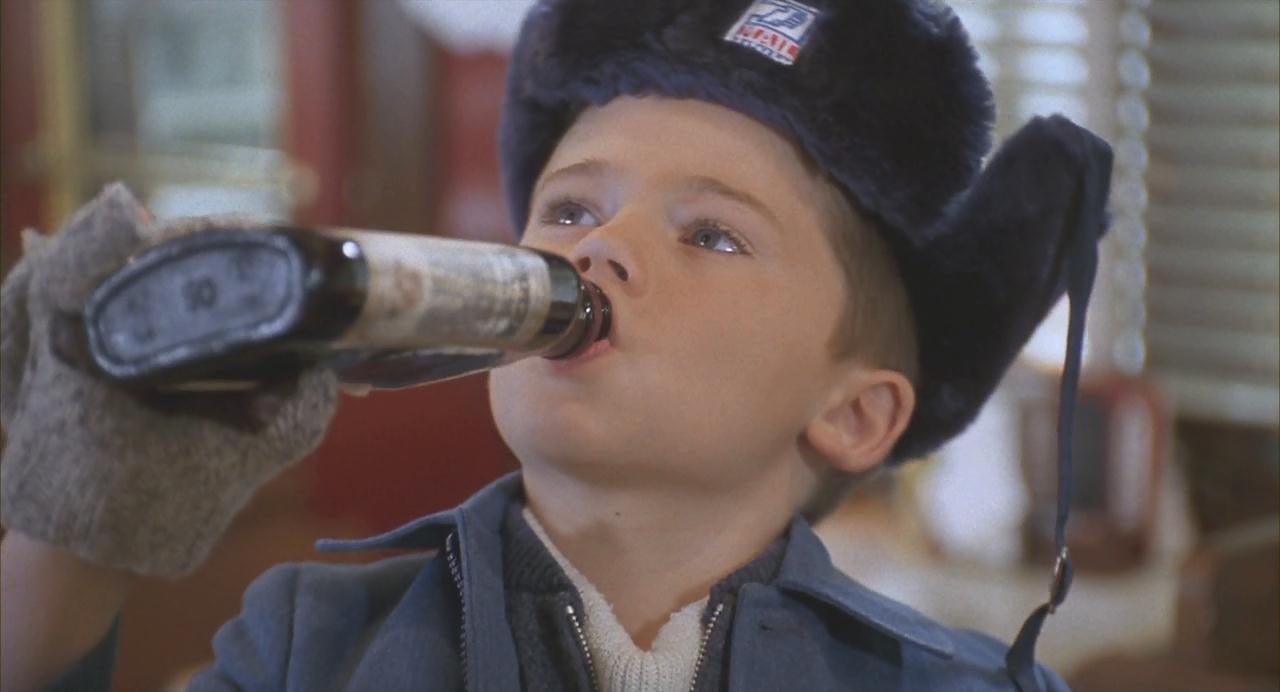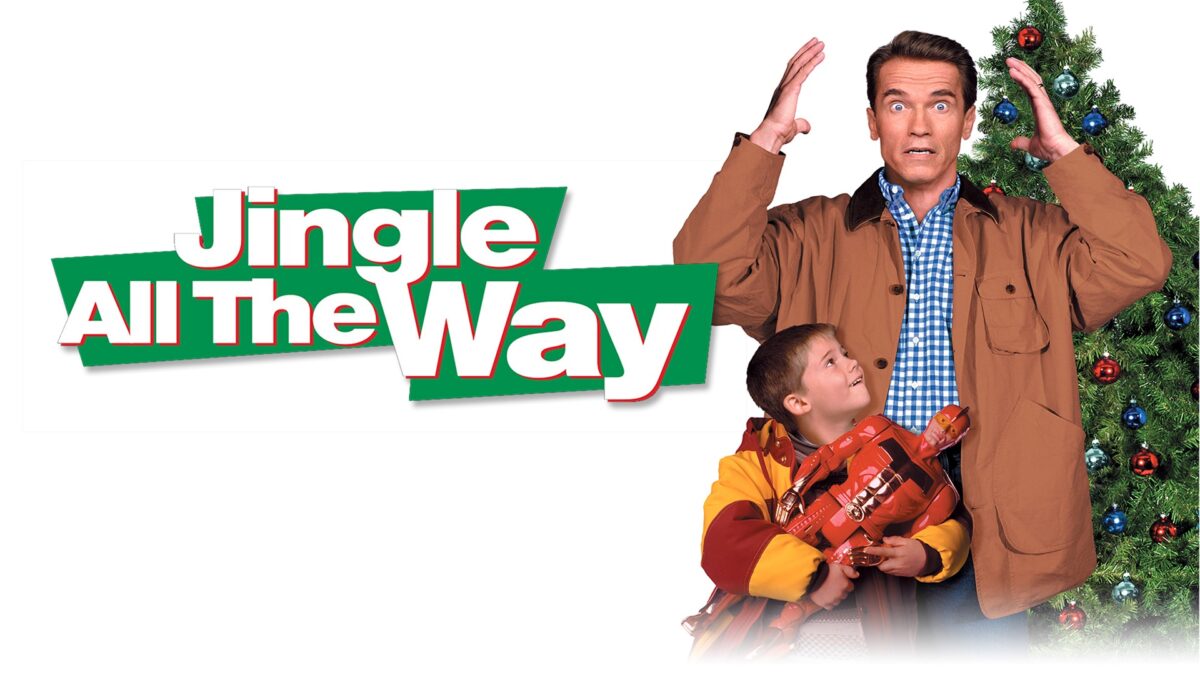Every year, a plethora of holiday films try to leave their mark and define what the spirit of the holiday season truly means. Some are more memorable than others, some ring true no matter how old the holiday novelty theme lasts. Even some this year have the potential to stand the test of time (I’m looking at you Holdovers.) But then, there are some that are so specific in their themes, so intent on what they want to say, they’re properly misdiagnosed as something else to be socially accessible. When I think of the holiday season, I think about capitalism. I think about societal segregation. I think about heightened security. I think about Jingle All the Way.
It’s another way of portraying America: Christmas’s monetary necessity has far surpassed its true value, where the privileged congratulate themselves and the unfortunate suffer. And it didn’t take me until late in my twenties to notice that no holiday film better captures that sad truth than Jingle All the Way.
Having seen it probably a good 25 times, it’s anti-police, anti-capitalist views have been subdued by its seamless, easily accessible plot: a workaholic father tries to get the hottest toy of the Christmas season, the Turbo Man action figure, for his son on Christmas eve. The plot is simple enough that it supplies an outlet to explore deeper subliminal themes.
Jingle All the Way’s views against capitalism are pointed out fairly immediately within the first ten minutes, with the opening of the film being a commercial for the Turbo Man doll a la the Power Rangers, as presumably seen through the eyes of Jamie (Jake Lloyd), Howard Langston’s (Arnold Schwarzenegger) son. The sequence that follows it, however, reveals what Jamie truly wants. When Langston is late to Jamie’s karate class, we’re hinted that Jamie doesn’t ultimately want a doll, but a present father, and therefore casts his want for a leading male figure in his life in an action figure.
And yet, it’s this capitalist toy market that makes us think otherwise. American parents are so desperate to please their children through materialistic needs, that they themselves forget to be present in their lives when it truly matters. And when they don’t fulfill their wishes, they fear the worst – not only that their child’s demands aren’t met, but that they’ll grow up in resentment.
This, clearly, is represented in Sinbad’s character, Myron. Acting against Langston’s flaw of being a workaholic, Myron’s character essentially exists as a reminder of what Jamie can turn into if Langston doesn’t get him a Turbo Man doll, encapsulated in the image of Jamie pulling from a bottle of whiskey in a mailman outfit.

But in addition to its anti-capitalist values, Jingle All the Way also abides by an anti-authority, anti-police agenda. Throughout the film, Langston rallies against the police force one way or another, beginning when he’s first pulled over by a cop when rushing to Jamie’s karate class and forced to take an unnecessary breathalyzer test.
These moments further add to a detailed portrait of a man rallying against an establishment when all he’s trying to do is make his kid happy. But whereas the Turbo Man/capitalist ideals go against Langston’s flaw of being a workaholic, the police function as a way of acting against Langston’s trait of being an authority figure. Little by little, as the film progresses, he eases toward fooling the police, even going so far as to impersonate a police officer to save himself during a warehouse raid of criminal Santa Clauses.
And as the film follows this ACAB theme, Langston’s trajectory takes him into becoming the ultimate form of authority: Turbo Man himself. When Langston is suckered into donning the Turbo Man suit for a Christmas parade and somehow becomes “unrecognizable,” the authorities seem to show support for the toy, concluding with a salute by the captain before Langston reveals himself. In fact, the movie is bookended by this juxtaposing thru-line: from when we first see Langston being taken advantage of by authorities, to the authorities showing the upmost respect for Langston, or in this case, Turbo Man.
But the anti-police sentiment goes even deeper when viewed from the perspective of the minority: Myron. Whenever Myron gets into a position of power or gets what he’s after, the police swoop in to take it away, such as the few attempts he makes to achieve a Turbo Man doll. When Myron and Langston hold a radio DJ hostage during a contest to win a Turbo Man, it’s Myron, not Langston, who’s held up by the police while Langston manages to escape. This reoccurs in the end when it’s Myron, not Langston, who’s arrested for sabotaging the Christmas parade, even though Langston broke just as many laws if not more so when donning the Turbo Man suit in attempts to win a Turbo Man. Then why is it Myron, the poor mailman trying to please his son, who gets the short end of the stick? None of this, I’m sure, was by mistake.
After decades of watching this film, its true themes only became clear when I entered maturity. The film this writer sees now is not what was marketed to them in their early years: it was a simple, holiday comedy flick starring Arnold Schwarzenegger. And yet, it acts as a perfect trojan horse: a family holiday classic that preaches against the very infrastructure that birthed it. There have been other anti-holiday films since, this we know. But none have been as subversive, and as subliminal, as Jingle All the Way.
